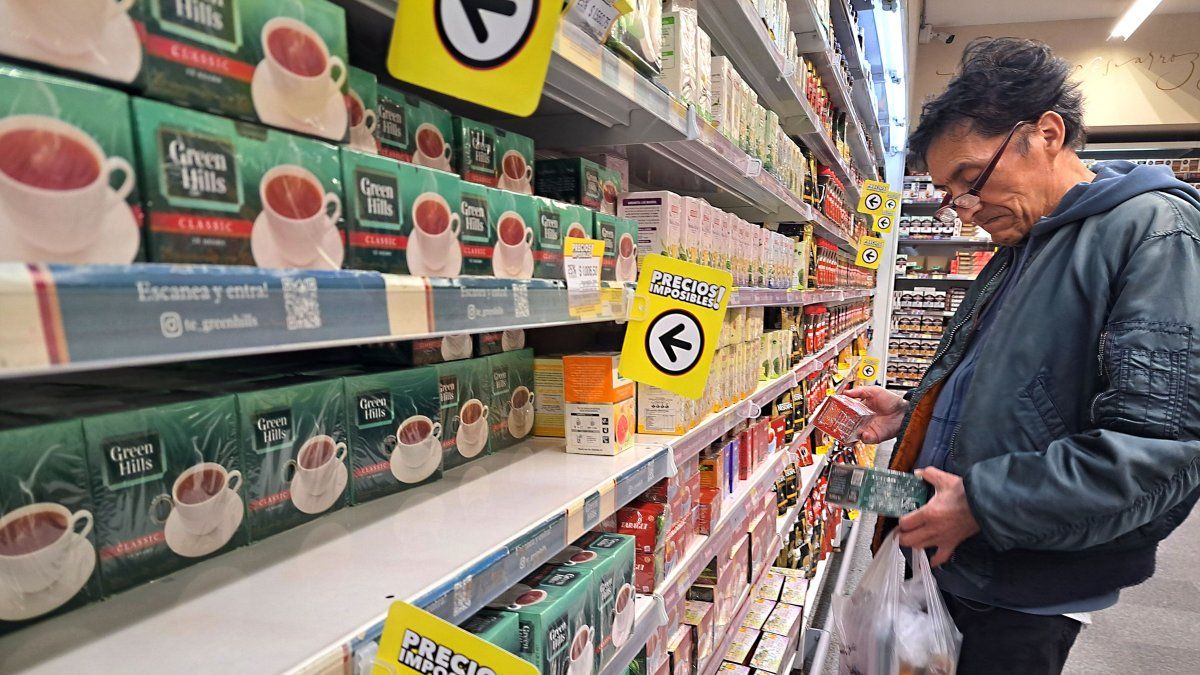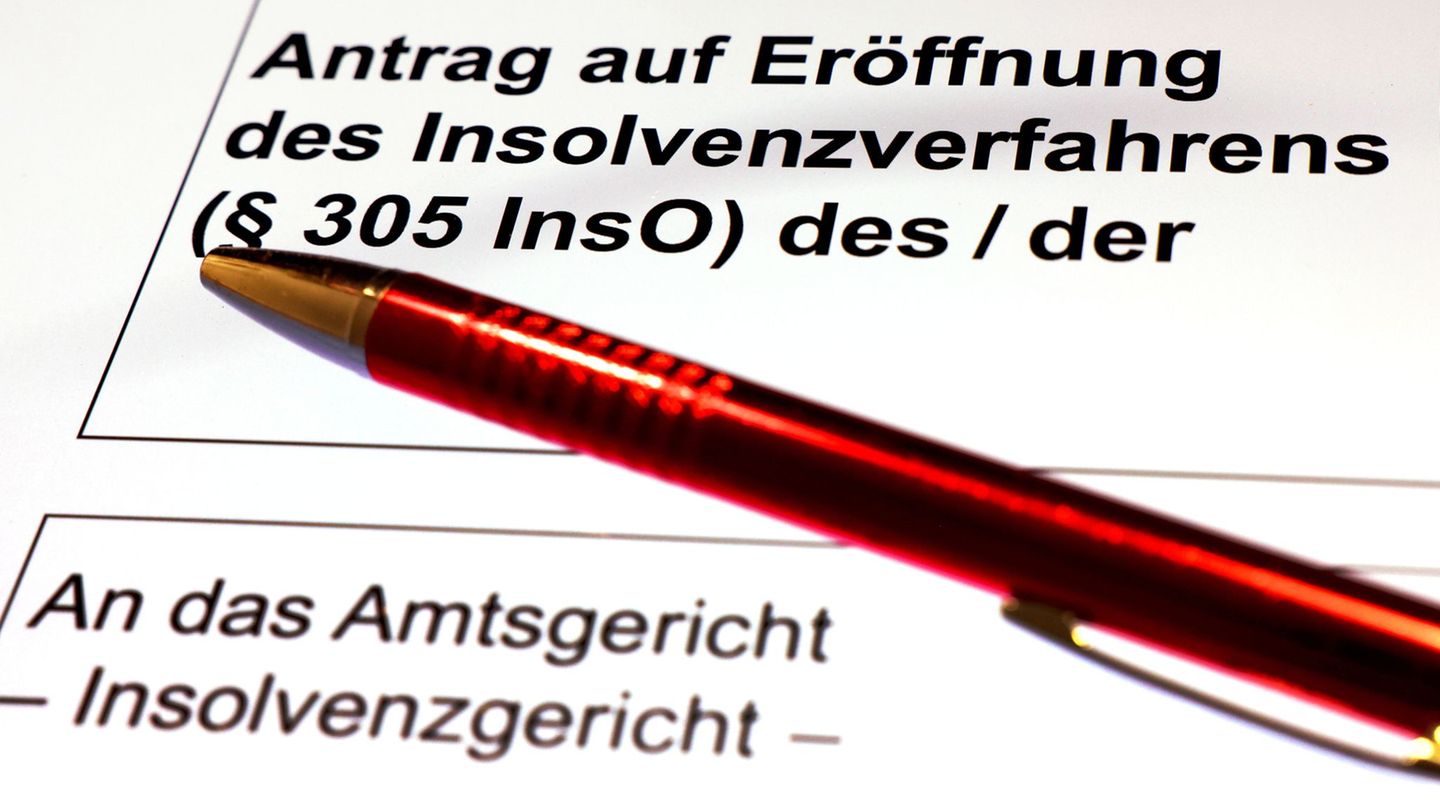The workers inflation reached in August the 1.6% monthlywhich marked a deceleration against 2% of Julywhile the interannual variation was located in the 33.2%the lowest registration since December 2020. This was revealed by the latest report of the Workers Statistics Institute (IET) of the Umet and the Center for Concertación and Development (CCD).
In the first eight months of 2025, accumulated inflation reached 18.2%which, if this rhythm is sustained, projects an annual increase around the 28.5%. However, Despite the price drop, the report warns that real income is still in decline and anticipates a recessive scenario.
Income from inflation falls
The director of the CCD and former Minister of Education, Nicolás Trottawarned that “inflation slows down and yet there was never so much consensus that the real income of the population does not improve and even falls.” In that line, he argued that the economic model “aimed at a stabilization at any cost, which includes using nominal salaries as anchors of disinflation, thus shows its failure.”
“Despite the slightest inflation, which was, according to the government, The key to improving income and promoting growth, real income falls and the economy is to enter recession. And it was supposed to be low from inflation at any cost should crystallize in an electoral legitimation of the government. It is a double failure of the government”He stressed.
The IET report indicated that the greatest increases during August were given in:
-
Transport (+4%)driven by zero kilometer and combustible vehicles.
-
Various goods and services (+2.8%)with insurance impact.
-
Alcoholic and tobacco drinks (+2.5%)rise in cigarettes and drinks.
In contrast, Non -alcoholic food and drinks They went up alone 0.8%with moderate increases in fruits and bakeries. The most relevant falls were recorded in clothing and footwear (-0.4%) and Tourist accommodation services (-5.3%)affected by the end of the season.
Inflation by sectors
Inflation was higher in registered wage earners (1.68%) and non -salaried (1.66%)while it was lower in Informal (1.51%) and unoccupied (1.48%). Meanwhile, the Greater Income Households registered a rise in 1.73%, while in the lower resources it was lower than the 1.4%. The homes headed by men (1.68%) They had more inflation than those led by women (1.51%), for the weight of private transport.
In retirees, inflation was 1.51%, less than the average thanks to the drop in medicines.
As a branch of occupation, the highest increases were concentrated in high and male income sectors such as Electricity and Gas (1.87%), oil and mining (1.87%) and Transport (1.8%). Instead, in domestic service (1.41%) and Gastronomy (1.45%) The increases were more moderate.
For the general coordinator of the IET, Fabián Amicothe August of August responded to the combination of two factors: a lower devaluation of the official exchange rate, which went from raising 14% in July to fall 2.3% at the end of August; And then for the decline in the “Pass-Through” at prices, “closely linked to the reduction of salary resistance.”
“When nominal wages do not adjust in line with the inflation impulse caused by the increase of the dollar, inflation loses strength and is not generalized, but this occurs at the cost of maintaining the real salary stagnant or in low,” the coordinator warned. He added: “From September 8 a new exchange and inflationary stage opens.”
Source: Ambito




